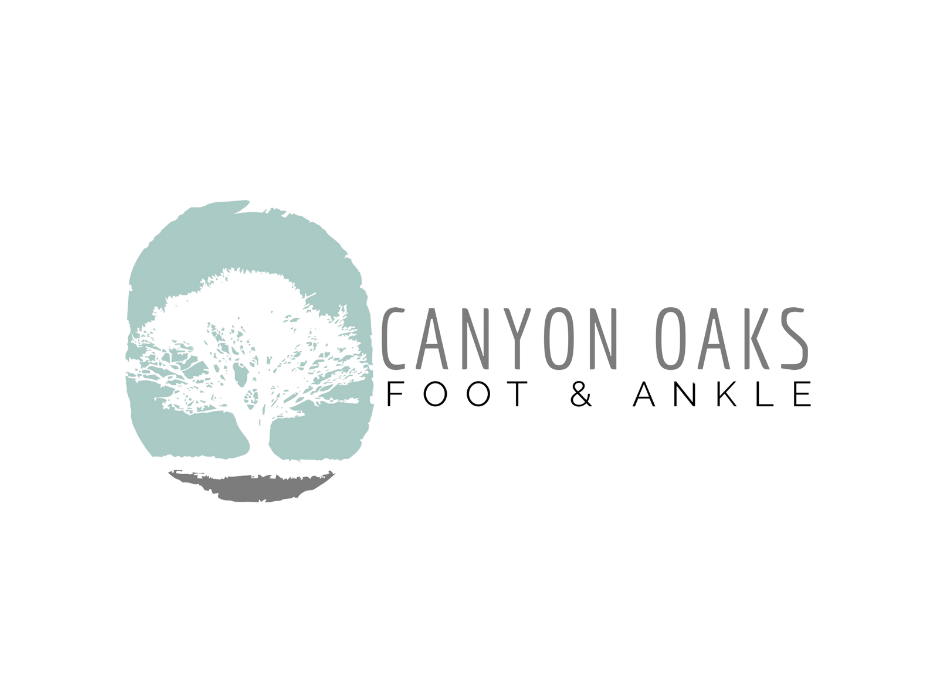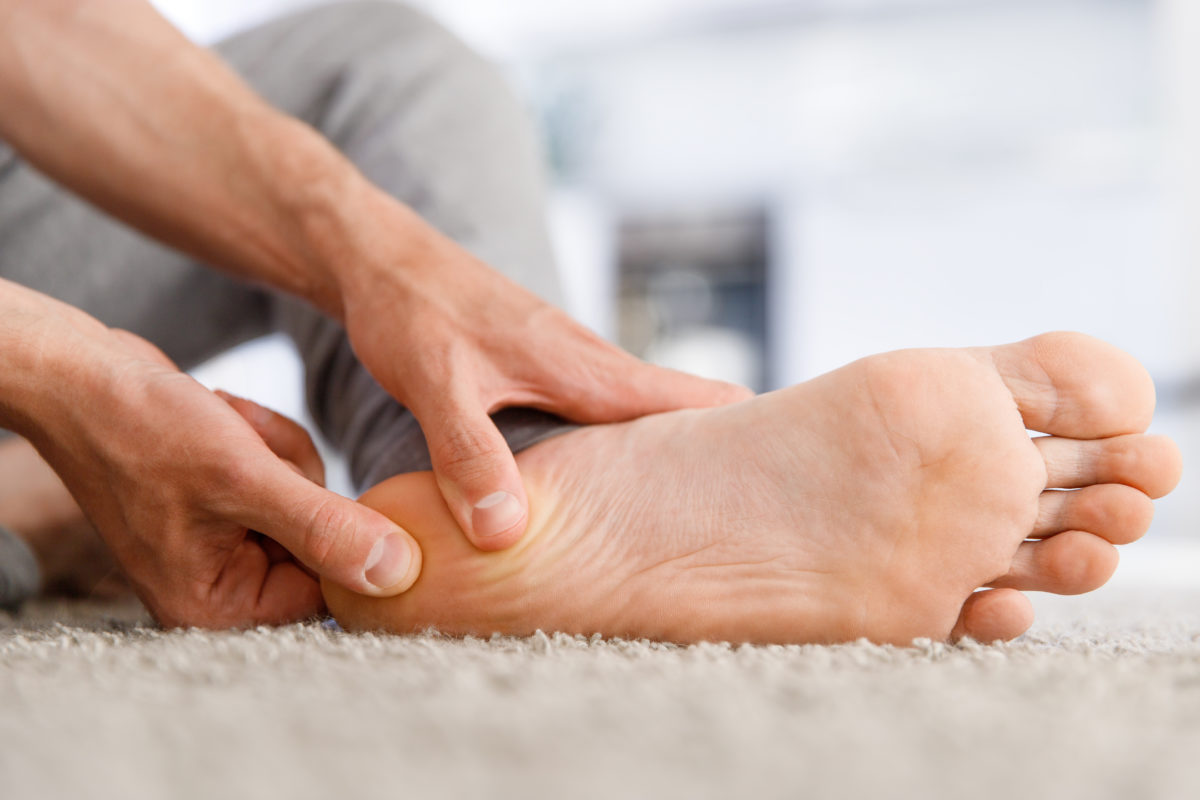The health of our feet is a vital part of our daily performance. For us to function correctly, we have to identify the type of foot arches we have. If you’re experiencing foot pain, it may have to do with the types of activities we perform and the type of foot arch you have.
Different foot arches can affect the way your feet move, and there are essentially three types of foot arches:
- Low arch
- Moderate arch
- High arch
Which Type of Foot Arch Do I Have?
Not sure how to determine the type of foot arch you have? There’s a simple test you can try. While barefoot, wet one or both of your feet. Then place them on a piece of cardboard and analyze the footprint that remains.
Low Arch Feet
If your footprint resembles a complete foot, then you most likely have a low arch. Having a low arch is also known as having flat feet.
Complications with low arches. People who have flat feet can suffer from various complications. Most of them result from the fact that your foot probably rolls in (known as pronation) during routine activities like walking or running.
You will most likely experience an increased risk of:
- Muscle stress
- Joint problems
- Arthritis
- Bone spurs
- Bunions
- Corns and calluses
- Lower back pain
- Hip pain
- Knee pain
- Shin splints
Helpful tips for those with flat feet. It may be beneficial to invest in walking shoes with motion control to help stabilize your feet.
Moderate Arch Feet
The moderate arch is considered a normal arch, even though only about 60% of the population have this foot arch type. If you have a normal arch, you will notice that the middle part of your arch is about half-filled when you make your footprint.
Benefits of a normal arch. The role of the arch in your foot is to support your body weight. Even though your foot pronates, as it does with those who have flat feet, it occurs under a normal load that’s distributed evenly through the foot.
Complications with moderate arches. A healthy weight is ideal for maintaining healthy feet because even those with normal arches can develop common foot conditions like heel pain or issues with the ball of the foot.
Helpful tips for those with normal arches. Since you have a normal foot arch, avoid developing any foot conditions by wearing shoes with firm midsoles. You want footwear that has straight to semi-curved lasts and provides moderate rear-foot stability.
High Arch Feet
Medically known as cavus foot, high arches will leave very little of your footprint.
Complications with high arches. When the arch of your foot is too high, the load falls on the forefoot and heel areas, contributing to:
- Excessive strain on joints and muscles
- Ankle injuries
- Achilles tendons
- Plantar fasciitis
Helpful tips for those with high arches. Since high arches cause a lack of shock absorption, look for footwear with good cushioning that will compensate.
Foot Experts at Canyon Oaks Foot and Ankle
If you aren’t sure of the cause of your foot pain, visit us at one of our Central Valley, CA locations. Or you can simply contact us for help with any of your foot and ankle issues.

